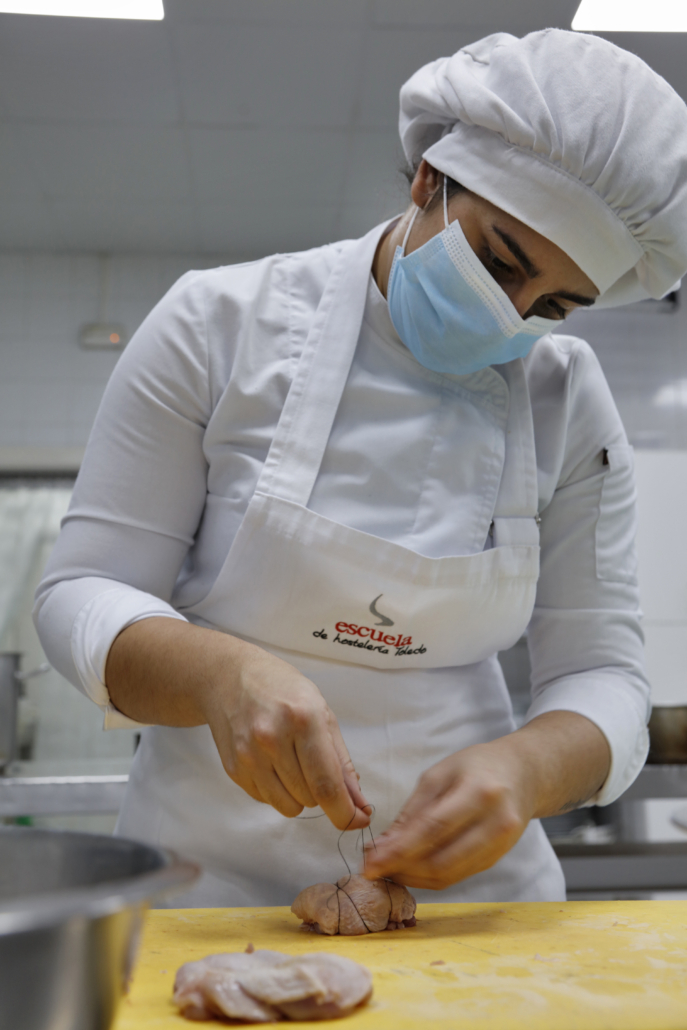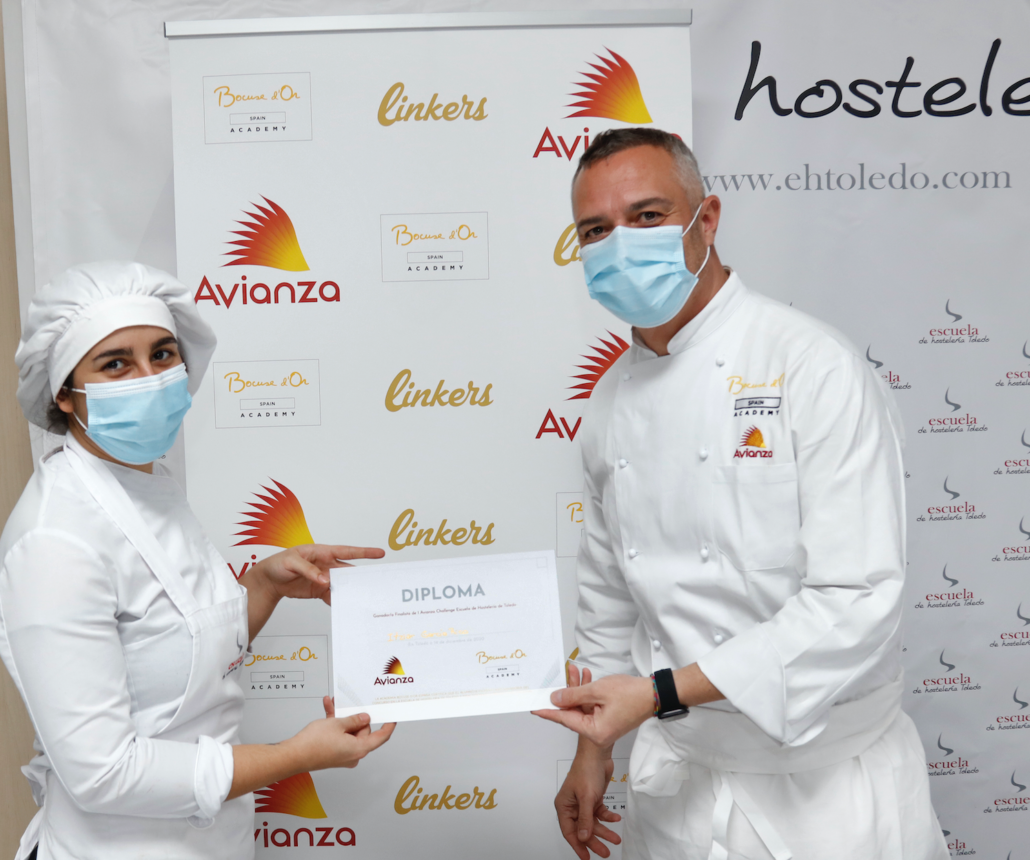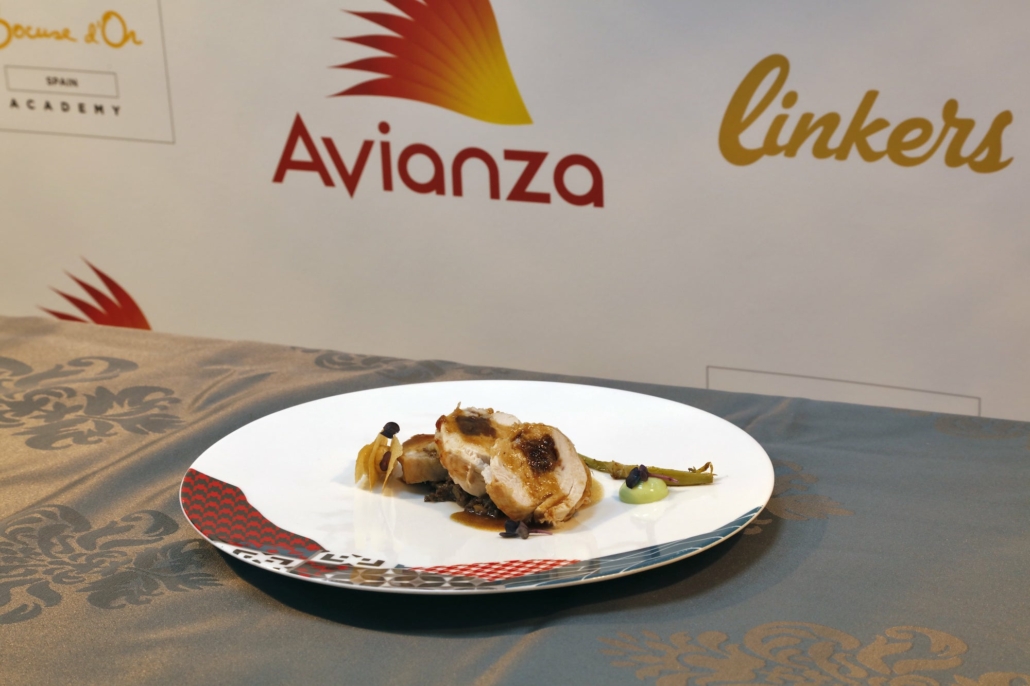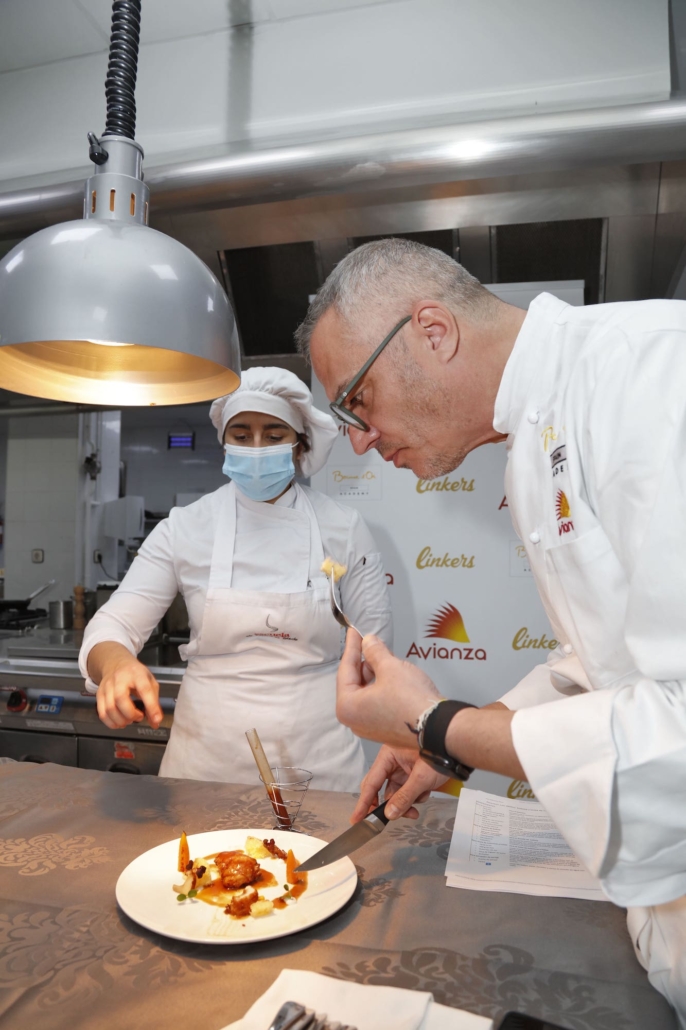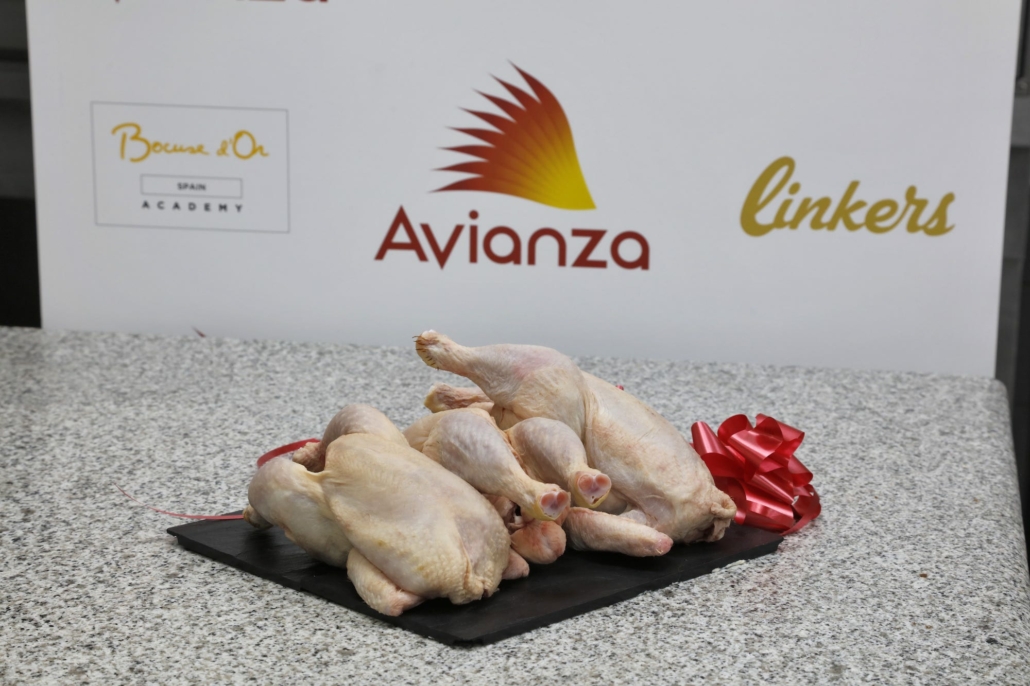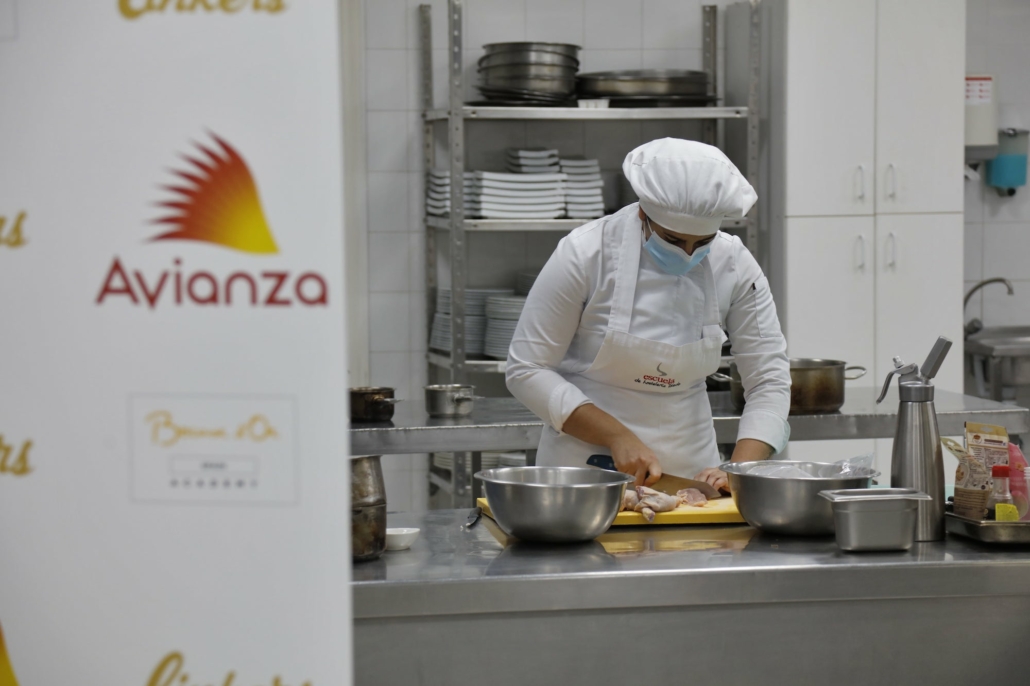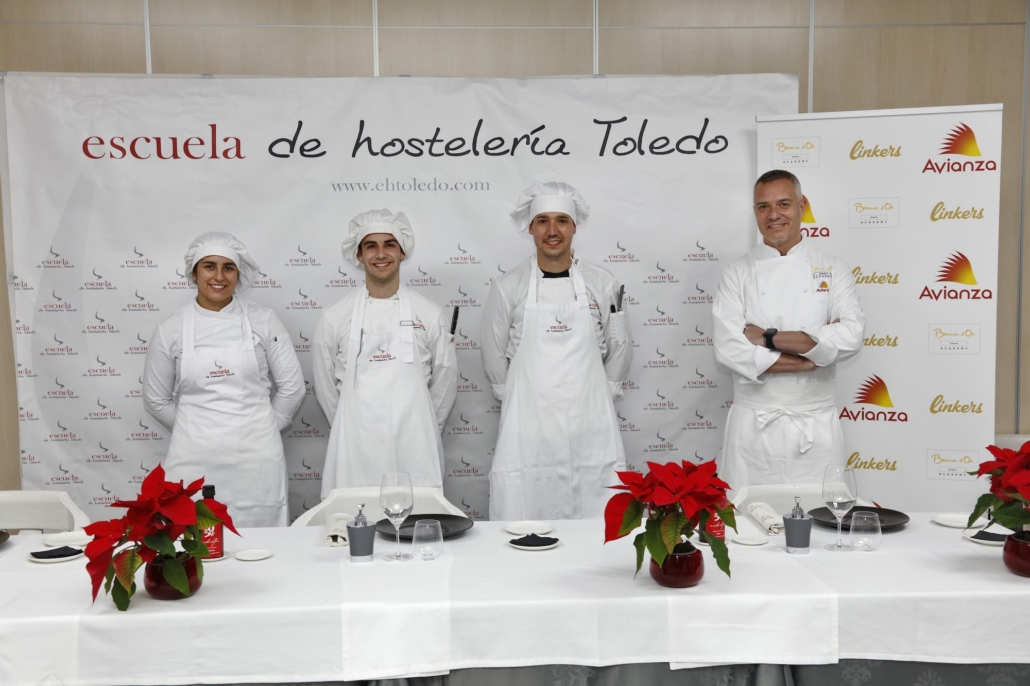On “World Poultry Day” (International Poultry Day), the Spanish Interprofessional Association of Poultry Meat, AVIANZA, launches a message of vindication of the work of the thousands of professionals in the Spanish poultry sector, in one of the moments most complex in its history, and also with greater opportunities.
May 10, 2021. Our country needs to strengthen its industrial strength more than ever. At a time of maximum tension for our society, with the effects of this pandemic yet to be discerned on people's lives and the economy, It is key to have a strong, innovative business fabric prepared to respond to present and future challenges.. And the Spanish poultry industry is a powerful engine which already generates more than 2.3 billion euros to our GDP, with more than 40,000 direct jobs and a modern structure prepared to compete on equal terms with other countries. In 2020, according to data from the Ministry of Agriculture, Fisheries and Food, poultry meat production reached 1.7 million tons, but it did so in an unprecedented structural context, which is worth reflecting on.
And it is that We run the risk of dynamiting robust pillars that have led us to be a powerful poultry industry in Europe, with one of the most professionalized value chains in the Spanish agri-food sector, with important advances in genetics and development of native species, and with strong roots in the regional economy. Without forgetting the support of a body of highly trusted veterinarians and the strong investments in design, development and consolidation of state-of-the-art industrial plants. We are also a gastronomic reference, both as producers of new products and formats and for accompanying our restaurant sector in new culinary proposals that combine the best of Spanish food.
The “green and technological” challenge is part of our culture as a poultry industry, as demonstrated by initiatives such as the framework agreement between several interprofessional organizations to promote the digital and sustainable transformation of our meat industries through funds Next Generation, with a joint investment of more than 3,500 million euros, of which 50% are of private origin.
The Sustainable Development Goals are on our roadmap as companies and as part of a society in which we want a better future.. But true sustainable development involves understanding the reality of the poultry industry, its particularities, and not generate relocation of key industries for Europe, with strong commitments in animal welfare, research or application of strict biosafety measures and protocols for the eradication of antibiotics in food, applied for years. European and Spanish regulations are one of the strictest, something that other markets do not guarantee, and where the SDGs are not a priority either. The challenge is feed billions of citizens responsibly, where a quality and controlled poultry meat generates trust and responds to the need to have a diet rich in nutrients, natural proteins, healthy. It is something we will defend at the United Nations Food Systems Summit later this year.
In this declaration of principles, we also offer a key contribution to the development of the industrial and economic fabric of rural or most depopulated areas. But we do it from the digitalization process that is already a fact in its plants. We are an industry that tackled an ambitious transformation challenge, with the aim of being more competitive, and at the same time more sustainable. It is not only a process that improves our industries, but also our ability to connect with consumers, to become the answer to your needs and new consumer habits.
The poultry industry is not a mere white label producer, but has known how to adapt to new scenarios, break that last mile to reach our customers through ecommerce or a more transparent, more direct, closer relationship. And that is synonymous with maturity and strength, it puts us in an unbeatable position to continue providing value to more and more segments of our industry.
This leads to strengthen our position in international markets, usually not considered a priority in the past, and which today more than ever are an opportunity and a necessity for our companies. Japan, China, the Philippines, the Middle East, Mexico and Europe itself perceive that something is moving in the Spanish poultry industry, and it is time to defend that position more than ever. It generates business for our companies, generates employment, generates wealth, and ultimately consolidates a stronger position as a poultry powerhouse.

